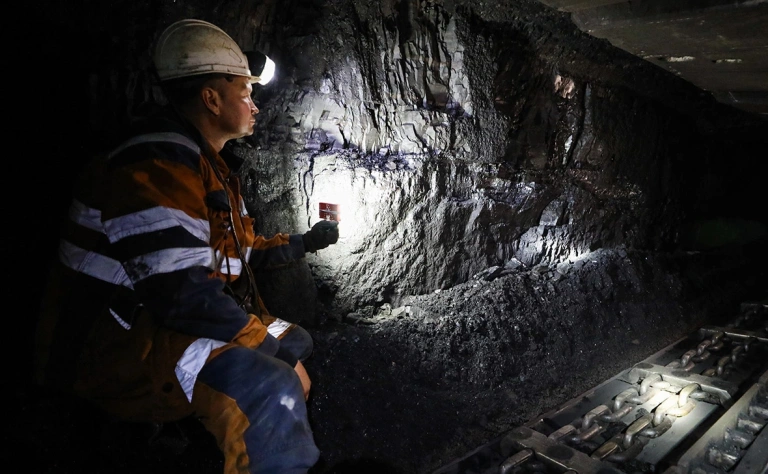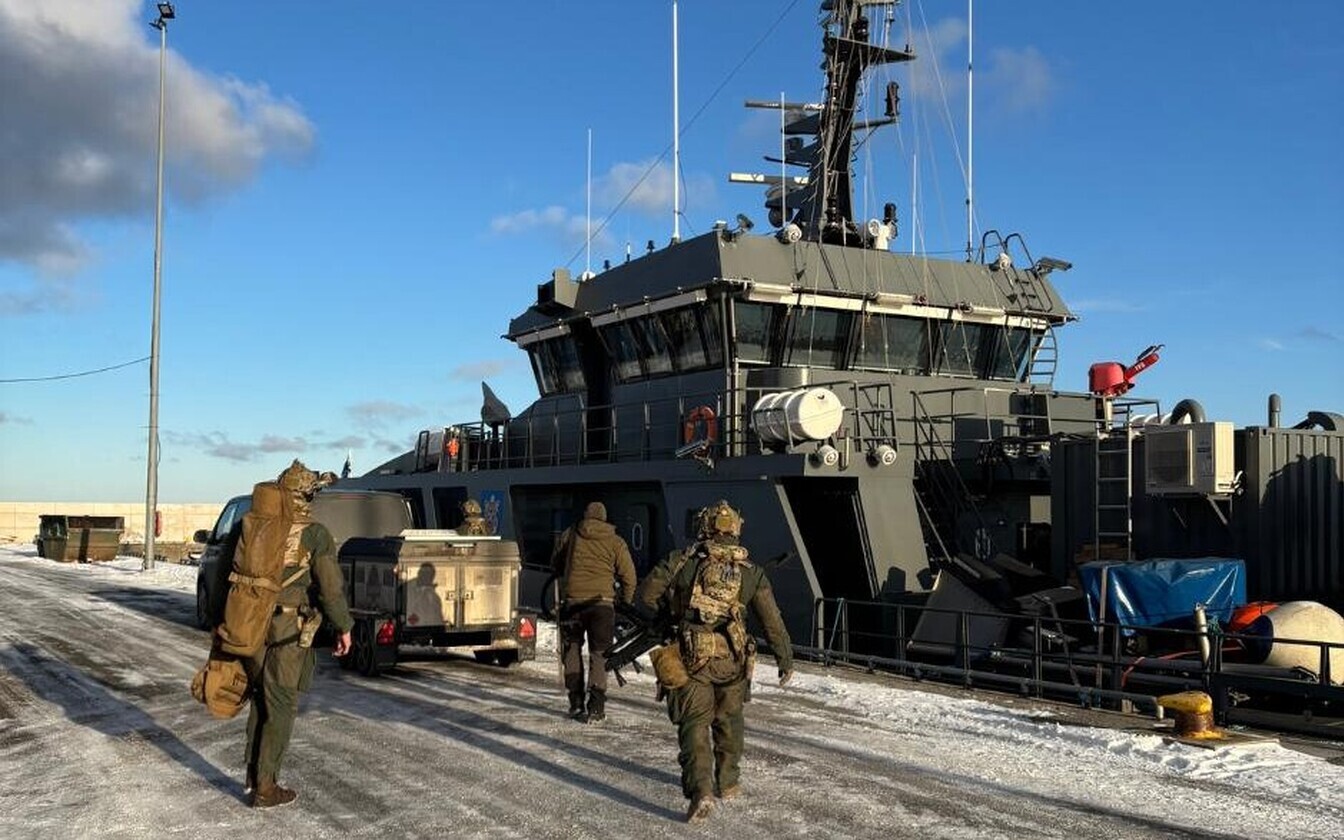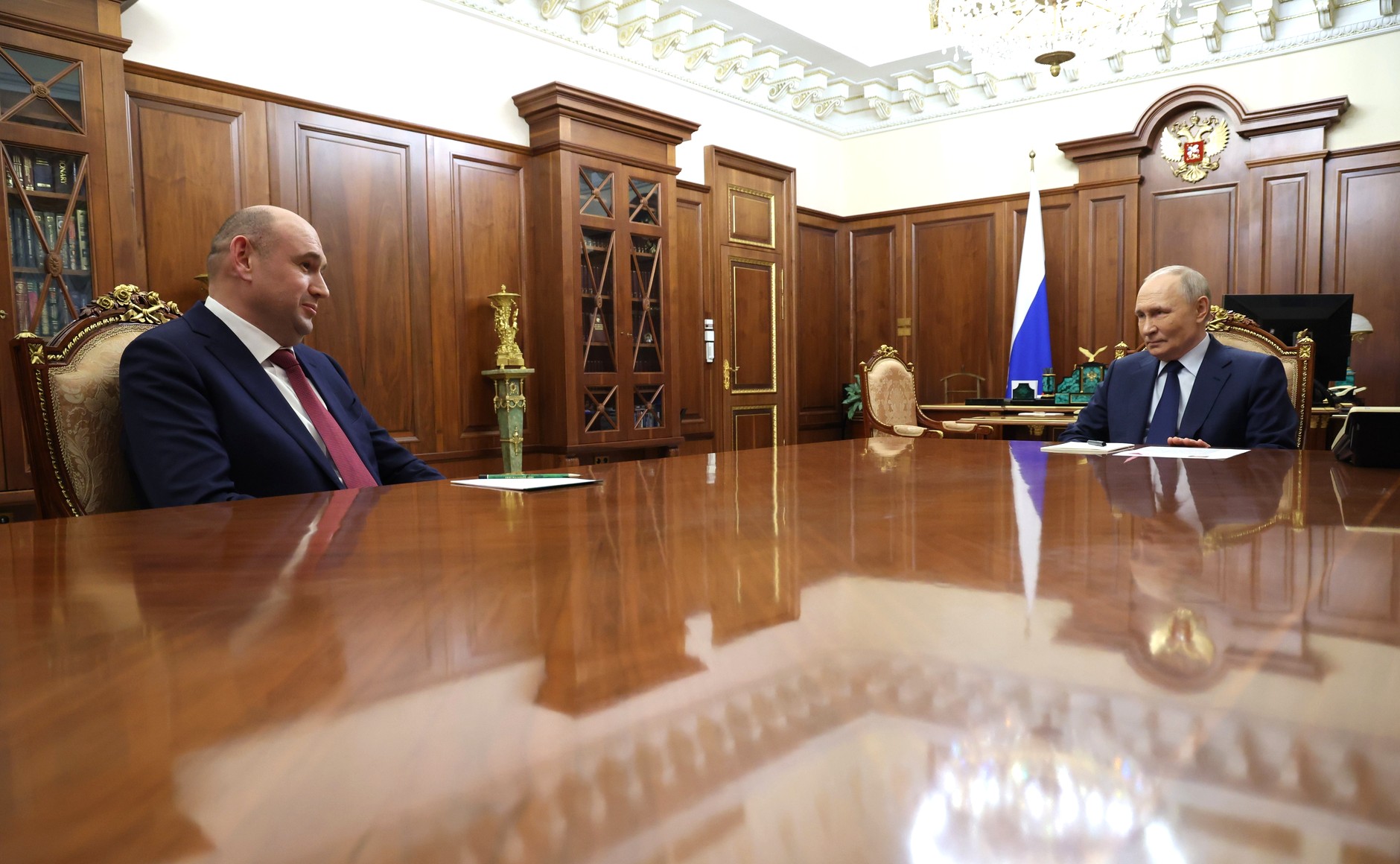ABDURAKHMANOV FLOATS UNIFICATION TRIAL BALLOON
ABDURAKHMANOV FLOATS UNIFICATION TRIAL BALLOON
The speaker of Chechnya’s parliament has called for the unification of Chechnya and Ingushetia—and, possibly, Dagestan. In an interview with Interfax on April 24, Dukvakha Abdurakhmanov called the liquidation of the Chechen-Ingush Autonomous Republic in June 1992 a historical mistake. “I am firmly convinced that it was a gross historical mistake made for the sake of the ambitious mercenary interests of individual politicians of Checheno-Ingushetia and the then-ruling elite of Moscow,” he told the news agency. Reunification, he said, would “forever extirpate possible centers of tension” and effectively resolve the lingering dispute over the administrative border between Chechnya and Ingushetia and jurisdiction over the Sunzhensky district, through which that administrative border passes.
Abdurakhmanov suggested that the unification process could be extended beyond the two republics. “It would be more sensible in the long run to raise the issue of creating a new region in the south of Russia that would include Dagestan,” the April 25 edition of Gazeta quoted him saying. As Kommersant noted on April 25, Abdurakhmanov made it clear that the amalgamation of Chechnya and Ingushetia that he had in mind would give Chechnya the upper hand in disputes like the one concerning jurisdiction over the Sunzhensky district. “During the division, the neighbors unilaterally drew the border and established its jurisdiction over that territory,” Abdurakhmanov said, adding that the district should have remained within Chechnya, as it was before Soviet dictator Josef Stalin created the Checheno-Ingush Autonomous Soviet Socialist Republic in 1934.
Gazeta wrote that experts view the demarche by Abdurakhmanov—who, it noted, “has never been an independent actor”—as a trial balloon launched by Chechen Prime Minister Ramzan Kadyrov and “his patrons in Moscow.” The newspaper noted that while the initiative corresponds to the federative reformist push to amalgamate various Russian regions, it is a goal that is also shared by the more radical elements of the Chechen rebel movement.
Still, a source in the apparatus of Dmitry Kozak, President Vladimir Putin’s envoy to the Southern Federal District, distanced his office from the demarche. “For the time being, no unification initiatives are being considered by us,” the source told Newsru.com. “In addition, Dmitry Kozak very recently spoke unequivocally about the lack of urgency [for such initiatives].” The source was referring to the fact that Kozak in mid-April dismissed rumors that Krasnoyarsk Krai would be merged with Adygeya. “I do not believe that there is even one [Federation] subject in the south of Russia where this is a top-priority task,” Kozak said at the time.
Abdurakhmanov’s initiative received support from Chechen President Alu Alkhanov. “I don’t think that this issue is so acute today, but in any case, for fraternal peoples like the Chechens and Ingush, unification will be in all senses only to the good,” Newsru.com on April 25 quoted him as saying. Ruslan Yamadaev, the erstwhile Chechen separatist field commander who switched sides and is today a State Duma deputy and member of the pro-Kremlin United Russia party, also spoke positively about amalgamating the republics of the North Caucasus. “I would combine the peoples of the entire Caucasus into one subject,” Kommersant on April 25 quoted him as saying. “It would help free movement through the republics.” Gazeta on April 25 quoted Ruslan Martagov, a Chechen commentator who in the mid-1990s was a spokesman for the Moscow-installed government of Doku Zavgaev, as claiming that a majority of Chechens supported Abdurakhmanov’s idea. “After all, this would resolve the problem of the Aukhovsky district, which in Dagestan is called the Khasavyurt district,” he said. “Many people will begin looking for land plots on the Caspian shore for summer dachas. The only problem is that no one wants to merge with us.”
The initiative, however, quickly came under attack from Chechnya’s neighbors. Kommersant quoted Ingushetian President Murat Zyazikov as saying: “We have already time and again separated and amalgamated, therefore now it is necessary to preserve what we have,” he said. “But in any case, if the issue of unification arises, then it should be decided not by politicians or the parliament, but by the people.” Likewise, on April 26, the Moscow Times, citing Interfax, quoted the speaker of Ingushetia’s parliament, Makhmud Sakalov, as saying that “such a merger is not beneficial for Ingushetia either economically or in any other aspect.”
Gadzhimet Safaraliev, a State Duma deputy from Dagestan, also expressed strong opposition to Abdurakhmanov’s initiative. “Dagestan has never been with Ingushetia or Chechnya—Dagestan has been separate,” MosNews on April 25 quoted him as telling Ekho Moskvy radio. “This is because the territory and population of Dagestan are as large as those of the other five republics of the North Caucasus put together. So if anyone wants to join us, let them ask us—and we will think about it. There is geography, there is history, there is geopolitics and there is the mentality of the people—you understand—what we have is totally different. I think they should be left to live happily in their republic and we will try to build a happy life in Dagestan.” Kommersant on April 25 quoted another Dagestani federal legislator, Mamma Mammaev, deputy chairman of the State Duma’s Security Committee, as saying: “Everything needs to be left the way it is. There is no need to disturb a republic where every second person wants to be prime minister and every third wants to be president.”
Interfax reported on April 25 that “a number of prominent members” of the Federation Council, the upper chamber of Russia’s parliament, believed that the idea of merging Chechnya, Ingushetia and Dagestan had no future. “The situation that has taken shape in Chechnya, Dagestan and Ingushetia does not signal political or economic stability,” Federation Council Constitutional Legislation Committee Chairman Yuri Sharandin told the news agency. He added that while unification is always a complicated process in political and economic terms, “the combination of complexities during the merger of those three republics into one entity could lead to unpredictable negative results,” and therefore the idea “has no prospects.”
Independent observers were equally skeptical. Emil Pain, director of the Center of Ethnopolitical Studies in Moscow, said: “In the USSR, they repeatedly tried to amalgamate republics, and it always ended in nothing,” he told Kommersant. “Unification must be freely willed by the people, and, at present, there is only the will of officials—Chechen [officials], at that. Ingush officials do not want to amalgamate, although when they are ordered by Moscow to do so, they will agree and everything will come down to which of the armed clans will hold sway. The Chechen [clans] are now stronger, therefore [the outcome] is a foregone conclusion.”
The separatist Kavkazcenter website, for its part, said in a commentary posted on April 25 that the pro-Chechen government’s call for a merger of the republics of the North Caucasus was a response by the Kremlin to Chechen separatist leader Abdul-Khalim Sadulaev’s formation of a Caucasus Front. “As it turns out, the thoughts of the mujahideen about the prospects for restoring a unified state of Caucasian Muslims perturbed the Kremlin ringleaders,” the commentary read. It concluded: “The Kremlin is too late. The unification of the Caucasus has already taken place. And not only in the souls of Muslims. Wherever the mujahideen set foot, Sharia is being restored, Inshallah.”


